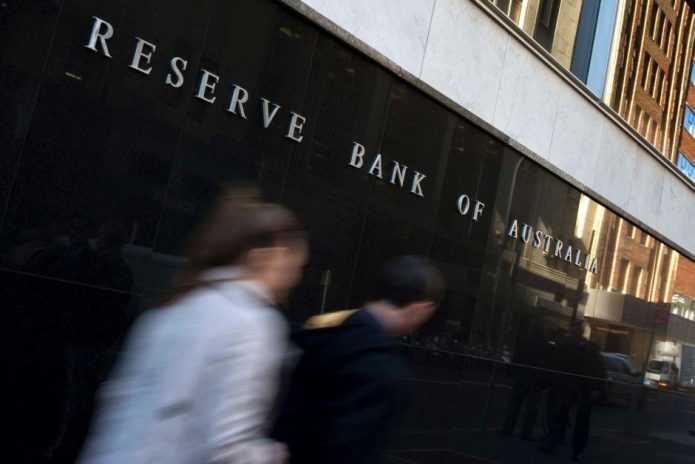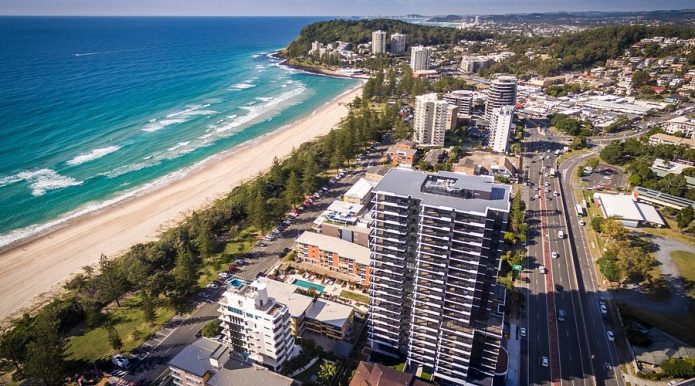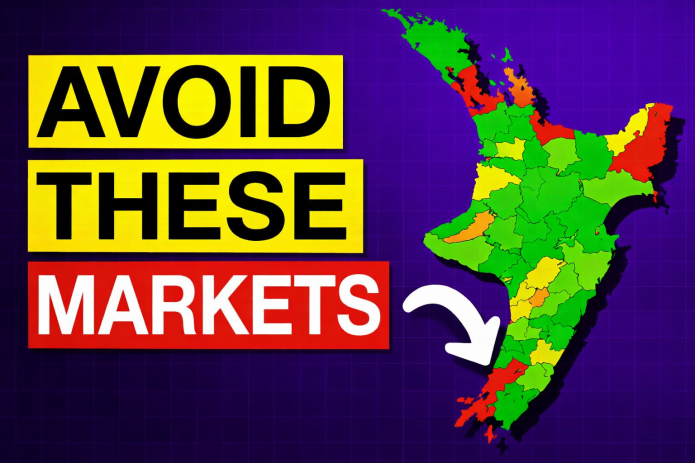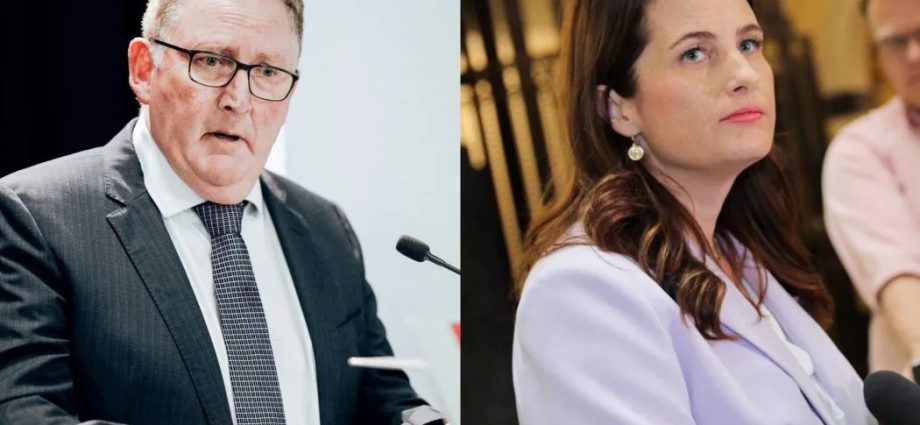PHOTO: Adrian Orr and Nicola Willis. RNZ
📉 Two Resignations, One Troubled Bank
2025 has been a year of turmoil at the Reserve Bank of New Zealand (RBNZ).
-
👔 Governor Adrian Orr resigned suddenly in March.
-
🪑 Chair Neil Quigley stepped down in August.
Both exits came years before their terms ended – and both amid heated disputes over funding, policy, and politics.
Finance Minister Nicola Willis insists the resignations were necessary to protect the Bank’s credibility. Prime Minister Christopher Luxon says it’s “not unusual.” But critics say the saga raises big questions about independence, cost-of-living pressures, and government influence.
Deputy Governor Christian Hawkesby. Photo: RNZ / Dom Thomas
🔥 Adrian Orr’s Shock Exit
Orr, who steered the RBNZ through Covid and years of inflation battles, stunned the finance world by quitting just one day before he was due to open a global economics conference.
-
Officially: personal reasons.
-
Reality: leaked documents reveal a bitter fight with the board over funding and trust.
-
Lawyers were brought in. Confidentiality agreements were signed.
Orr argued he couldn’t do his job without stable funding. The RBNZ had asked for $1b over five years, but Treasury pushed back, calling it poor value.
By March, Orr was gone – replaced by Deputy Governor Christian Hawkesby as Acting Governor.
⚖️ Quigley Under Fire
Board chair Neil Quigley tried to spin Orr’s resignation as voluntary. That didn’t stick.
He was accused of mishandling communications, leaking misleading explanations, and even facing conflict-of-interest questions over his role at Waikato University.
By August, pressure boiled over. Quigley resigned – but only after Willis made clear she would have demanded it.
🏛️ Independence at Risk?
The real danger may not just be the resignations – but the erosion of Reserve Bank independence.
-
Luxon admitted he gives his “views” directly to the Acting Governor before announcements.
-
Shane Jones (NZ First) openly called for a sharper cut to the OCR than delivered.
-
Critics warn political meddling could undermine the Bank’s global credibility.
New Zealand was once a world leader in central bank independence. Now, commentators fear political pressure is steering decisions – especially as the government battles a brutal cost-of-living crisis.
💸 Why It Matters For You
The RBNZ sets the Official Cash Rate (OCR) – the lever that drives mortgage rates, loan costs, and savings returns.
-
OCR at 3.0% (down from 5.25% a year ago) is easing pressure on borrowers.
-
Luxon wanted a deeper cut to 2.5–2.75%.
-
Food, fuel, and housing costs remain stubbornly high.
The resignations, power struggles, and funding disputes could impact how aggressively the Bank acts on inflation – and how much you pay at the checkout and on your mortgage.
🚨 The Bottom Line
With two top leaders gone, questions about independence mounting, and the government under pressure over cost-of-living, the Reserve Bank saga is far from over.
👉 The big unknown: Who will lead the RBNZ next – and will they keep politics out of the money game?
SOURCE: RNZ










